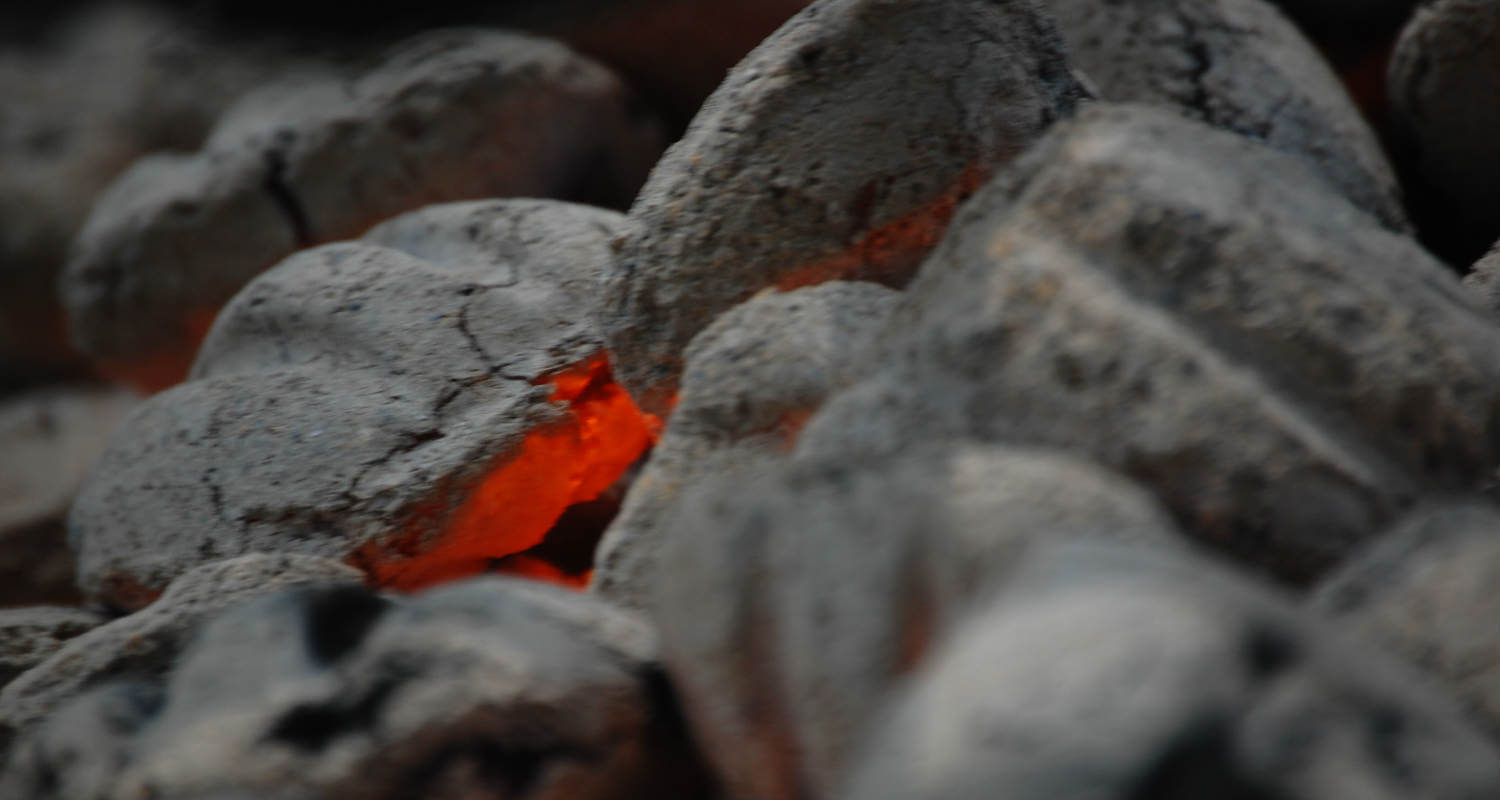Before you read this, first read “When the Nightmares Began”
How does that make you feel?
“How did that make you feel?” Peter asked.
I lifted my face from my hands. Sweat had gathered on my forehead. My breath was thick and cotton mouthed.
“To tell you?” I replied. “It felt really good. I’ve never told anyone about that night before.”
“I’m glad,” he said, handing me a tissue to wipe my nose. “But how did the dream itself make you feel? When your dad sat down beside you on your bed and comforted you, how did that make you feel?”
“At peace. Like my dad was at peace and could finally rest. After that night, the nightmares stopped.”
Kyong Ho once said, “Don’t expect your path to be free from obstacles – without them the fire of your enlightenment will go out: find liberation with the disturbances themselves.”
“For the record, I don’t typically cry in front of strangers.”
“It’s okay,” Peter said.
Addressing my grief
For six years, I had been unable to confront my dad’s death and the aftermath head on. It wasn’t so much that I avoided facing my dad’s death as it was I didn’t feel as if I was strong enough to face his death. Whenever a thought arose of my dad, I could only gesture to it, not embrace it fully for if I embraced it fully a sadness would overtake me, and that sadness made me feel weak and as if it were the path to something more dire.
“Grief is like a fire burning within us,” writes David Brazier in The Feeling Buddha. “When a fire is started by a spark all the energy that has been stored up in the sticks over a long time past is released together as fire.”
Grief had consumed me like a fire, smoldering just below the surface within the enclosed walls of my self. There were periods of longing and anger, laced with a numbness to the world around me that fueled this great depression I could not douse from my life.
In 2010, ten months after my dad died, the result of what can only be best characterized as a depressive breakdown that only a small few in my life were aware of, I began chipping away at my depression little by little; but it was not until 2015, six years after my dad left this world, when I sat down for the first time to talk to a counselor, that I took a sledgehammer to it. The brick wall was beginning to crumble.
What happens when we don’t address our grief
In “We Really Need to Talk About Grief,” Monica Heisey writes, “Because we don’t talk about the frightening but ubiquitous experiences of grief and death, we often confront death for the first time only when it finally, inevitably hunts us down.”
Following a death, those left in its wake receive comfort and kind words in the immediate aftermath. But it is not the immediate aftermath when trouble takes hold for the widowed.
Trouble takes hold at a time when the storm clouds move out and the blue sky appears—when you have to return to your normal everyday existence when normal no longer exists for you any more.
Save for the terror that afflicted me in the night, after my dad died I was mostly at peace with his death. I had seen firsthand the pain he experienced, had listened to his every word when he told me of this pain, and so there was relief he no longer suffered physically in this world.
But depression is a snake that keeps its belly low in the tall grass.
And I had been the prey all along, unaware I was standing within striking distance.
After you read this, read “When Depression Comes to the Workplace“

5 replies on “Grief Is a Fire, Smoldering”
Wow…that’s word spoken from a true heart.
Indeed it is
I truly appreciate what you share on your blog. It takes much courage. Most of us suffer silently. Your writing makes me feel less alone
That’s really nice of you to say dm. Writing helps me work through it all — get it out and make sense of it. I’m glad it helps others too.
ICIRIL